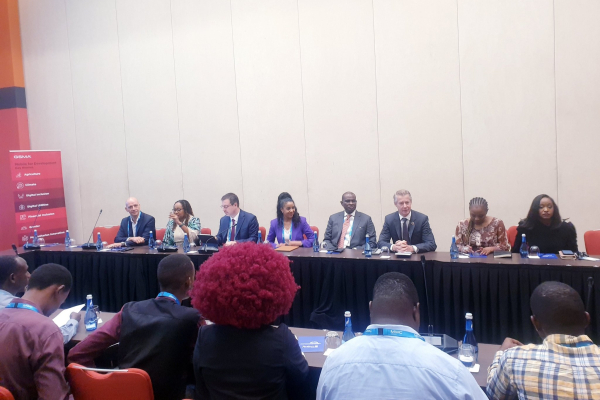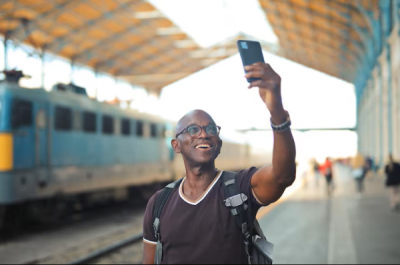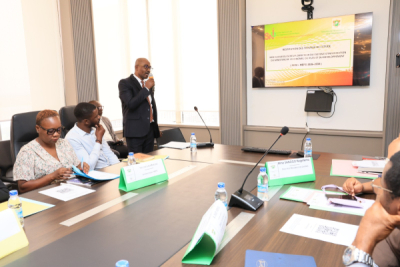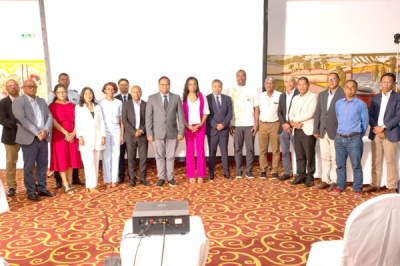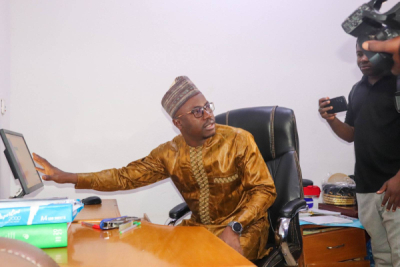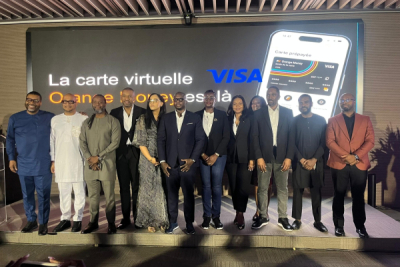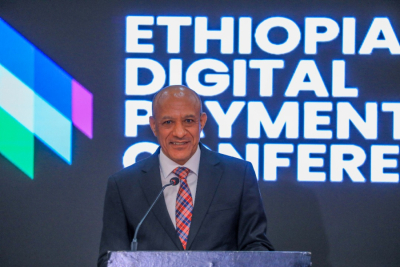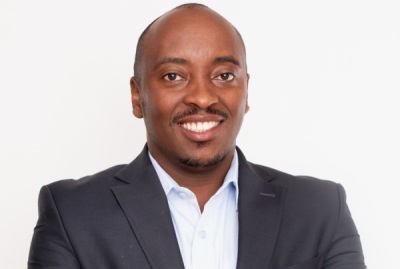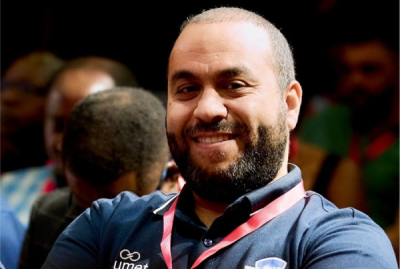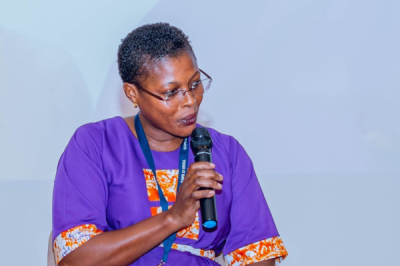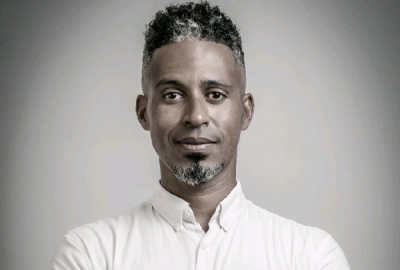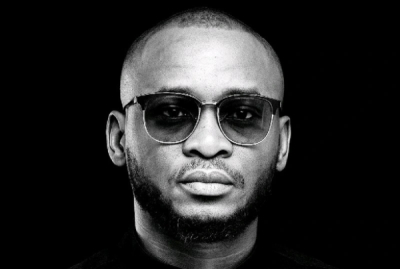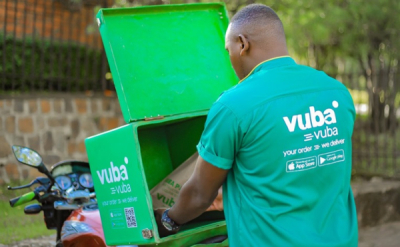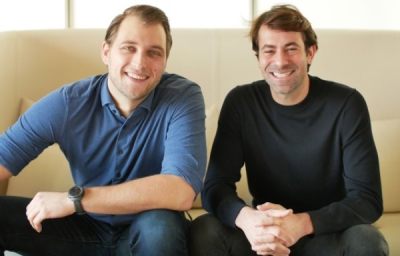In the last decade, high-speed internet consumption has grown significantly across Africa. With Covid-19 bringing about new usages, the demand has further increased. Telecom operators are actively mobilizing to efficiently meet these heightened requirements.
The CEOs of six major telecoms groups operating in Africa - Orange, MTN, Airtel, Vodacom, Axian, and Ethio Telecom - have pledged to develop digital inclusion on the continent. On Tuesday, October 17, at the Mobile World Congress (MWC) in Kigali, Rwanda, they expressed their willingness to continue investing in the local telecoms market during an exchange with Paul Kagame, President of the Republic of Rwanda, host of the MWC and also Chairman of the Board of Directors of Smart Africa.
In a joint statement, Jérôme Hénique, CEO of Orange Middle East and Africa, Ralph Mupita, CEO of MTN Group, Segun Ogunsanya, CEO of Airtel Africa, Shameel Joosub, CEO of Vodacom Group, Frehiwot Tamru, CEO of Ethio Telecom, and Hassanein Hiridjee, CEO of Axian Group, said: "Together, we passionately believe in the power of mobile as a catalyst for economic and social inclusion across Africa. We openly invite other African Heads of state to engage with us in the search for solutions focused on deepening digital and financial inclusion on the continent for the benefit of all African citizens."
The telecom groups have already identified potential solutions that can facilitate comprehensive coverage of the continent with a high-quality mobile broadband network, ensuring affordable access to services. But for these solutions to materialize, they stressed the need for African governments to get involved and engage in in-depth collaboration.
Telecom operators are calling for tax and policy reforms. They believe that by reducing the amount of taxes on different segments (equipment, services, accessories, telephones, etc.), their operating costs will be positively impacted. The resulting reduction in expenditure will strengthen investment capital for the development of telecoms infrastructures across the continent, and support consumption. The same effect should be induced by infrastructure sharing, national roaming, and regulatory policy reform, among others.
Telecom groups are also calling for regulatory support for new models of digital infrastructure financing. The World Bank estimates that $100 billion will be needed to achieve universal connectivity in Africa by 2030. The necessary funds cannot come from telecom companies alone.
Last but not least, climate-friendly infrastructure is an investment that telecom groups are more than willing to make. Given the beneficial impact of solar energy on the operating and maintenance costs of telecom towers and other infrastructures and its contribution to companies' carbon footprints, the CEOs of Orange, MTN, Airtel, Vodacom, Ethio Telecom, and Axian also expressed the need for concerted regulatory policies that promote access to green solutions.
Mobile operators claim to have invested over $70 billion, over the past 10 years, in the construction of mobile infrastructure in Africa. They estimate their annual capital expenditure in sub-Saharan Africa at between $6 and $8 billion, or nearly 20% of their revenues. Although this action today gives nearly 85% of the African population access to mobile broadband connectivity (compared with a global average of 95%), more than 680 million people remain unsubscribed to mobile broadband services either because of the high cost of access, or the inaccessibility of suitable phones.
According to the six groups, the telecoms industry currently contributes 8.1% to the Sub-Saharan region's Gross Domestic Product (GDP). That's around $170 billion. By 2023, the target is to reach $210 billion by raising the mobile Internet usage rate from the current 33% to 50% by 2030.


